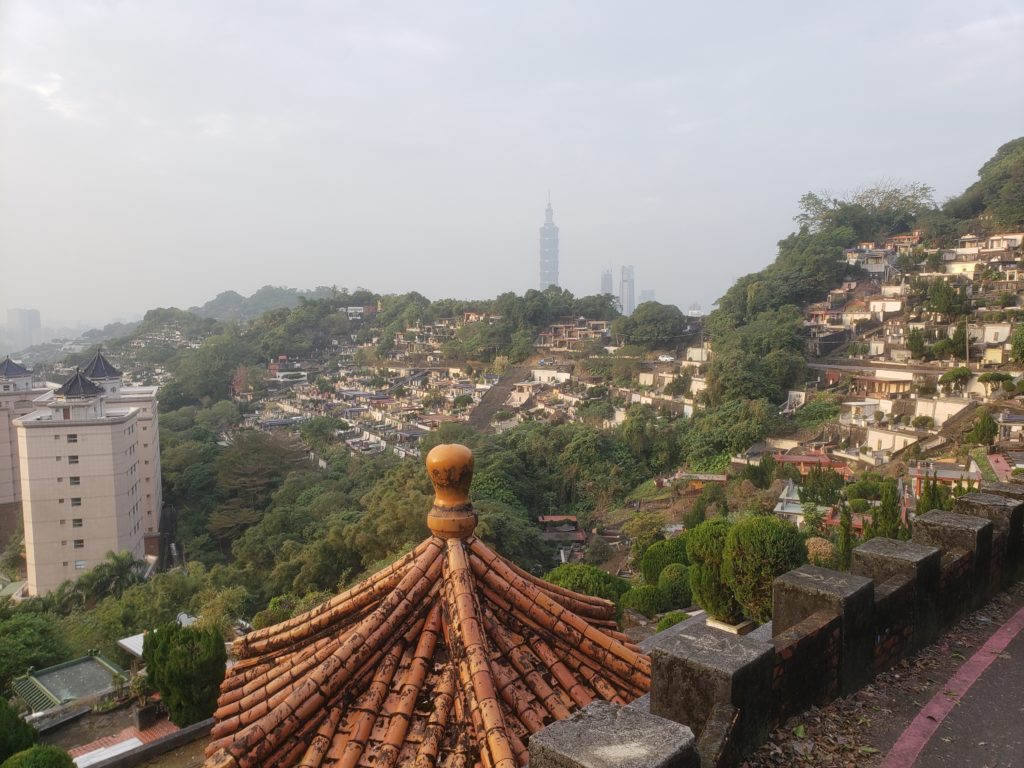
I regularly go on language exchanges to practise Chinese.
At every meeting, half the time, someone would say that my Chinese is very good and they see no need to really undertake such a disruption to life and career.
So why am I bothering to dedicate months to go to Taiwan to learn Chinese?
My answer is that Chinese is a very useful language and represents an essential element to being part of the Chinese community.
People’s assessment of my Chinese abilities
Half the folks that I speak to would think that they are talking to someone who’s really decent at it.
Perhaps it comes down to the fact that these conversations happen over very simple topics.
When you go for language exchanges or when you speak to strangers on the streets, the topics are one and the same:
- Where are you from?
- What are you doing here (in the case of me being overseas)?
- How long have you been here
- What’s it like back home?
- Etc.
The topic becomes predictable and easy to prepare for.
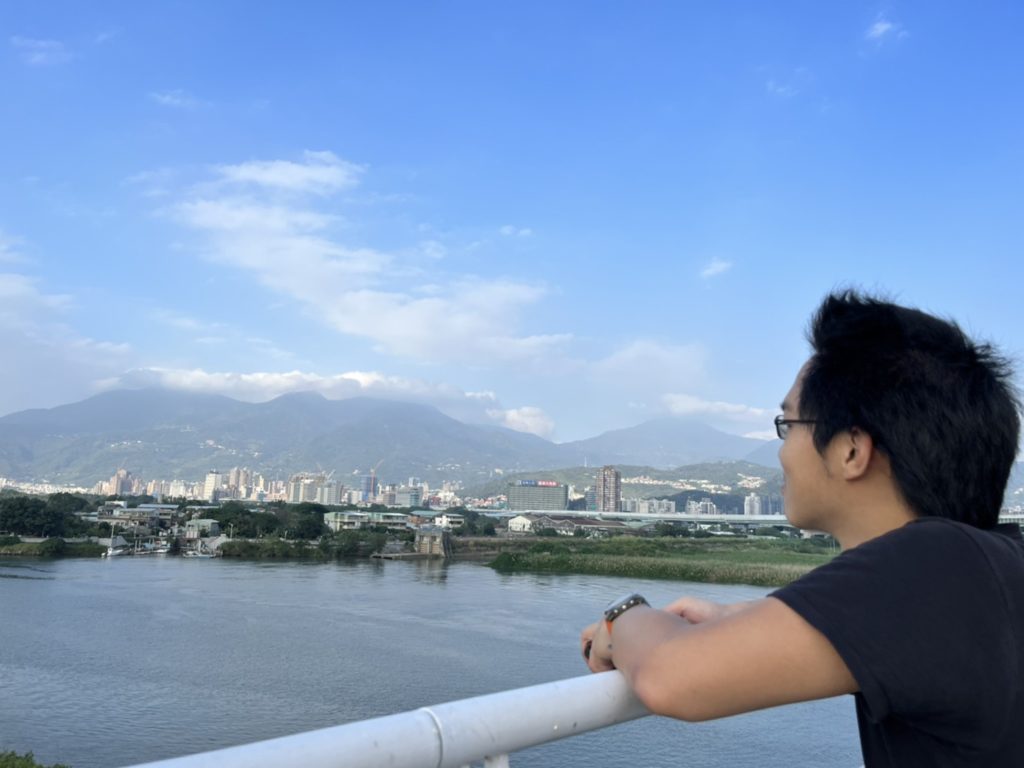
My assessment of my Chinese abilities
Funny as hell, I recently went to Taiwan and it left me rather amused.
If I didn’t speak, no one would know that I am not local.
The moment I speak, half the people know that I’m not from there. It could be my accent or it could be words that I would use in Chinese which are different from what Taiwanese people would say.
The purest giveaway would be me struggling to read a menu. Not only would they be in traditional Chinese, there would be a lot of terminology.
These are terminologies that I would breeze through in English, but not in Chinese. A simple example would be when menus specificy the culinary method – braising, frying, stir frying, boil, steam. Each of these requires me to know a new Chinese character.
In Singapore and in Canada, it’s very difficult to actually see these characters with enough daily repetition that one can really learn through passive osmosis.
Furthermore, in both Singapore and Canada, Chinese restaurant menus are generally bilingual. Money talks and you need folks to understand what you’re selling.
Is Singapore a bad place to learn Chinese?
In the pre-pandemic days, a father who attended a language exchange once asked me what I thought of Singapore as a place for his Chinese-Canadian children to learn Mandarin.
I think I had an immediate physical reaction to the question. I told him to forget it – to summarize the interaction.
At the heart of the problem is bilingualism.
Singapore’s bilingualism is makes for a bad environment to learn Chinese?
Perhaps because I am ignorant, but in all my travels, I really haven’t seen a place where its citizens are effectively bilingual to such an extent that they can thrive in both languages in equal measure.
In my experience, people are generally better at one language than the other.
One of my more bilingual friends in Canada tells me that he can tell that Justin Trudeau, the current prime minister, is good at both languages but he can tell that he’s better at English.
In Singapore, my experience has showed that it’s possible to grow up with just passable Chinese.
My circle of friends only spoke English. They could speak Chinese for simple, daily procedures like ordering food, but I believe they would be significantly challenged if they were asked to read a newspaper, do an interview in Chinese or read a contract in Chinese.
It’s the same story for me.
So, if an English speaker goes to Singapore to try to learn Chinese, there’ll be too few opportunities to speak proper Chinese and too many ways to avoid it. If you don’t understand the menu… well, it’s probably a bilingual menu so read the English that comes with it.
If you want to find people who can really speak Chinese… yes, they do exist, but they are far and few between. Even as a Singaporean, finding these people seems a bit of a challenge.
Plus, it’s a bilingual country where English is the most important language. Meaning that people might start mixing English into their Chinese speech, especially when it comes to jargon and terminology. Just ask random people if know what a “internet router” is in Chinese.
To learn Chinese in Taiwan, forget the language exchange
Something that makes me laugh is how I spent 30 days in Taiwan on holiday where I clung onto old methods of learning Chinese.
In Chinese-speaker scarce places like Canada, Singapore and London, I’d go for Chinese-English language exchanges. They were a good method of increasing my circle of Chinese speakers.
In Taiwan, I did the same thing. I tried to attend Chinese-English language events. I posted on language exchange groups. I messaged people who were looking to practise English. The replies to my requests were few and far.
Then I realized that I might be using obsolete methods.
I’m in Taiwan. Everyone here speaks Chinese.
It struck me that what I really needed to do is to find some friends, activities and hobbies where the attendees spoke Chinese.
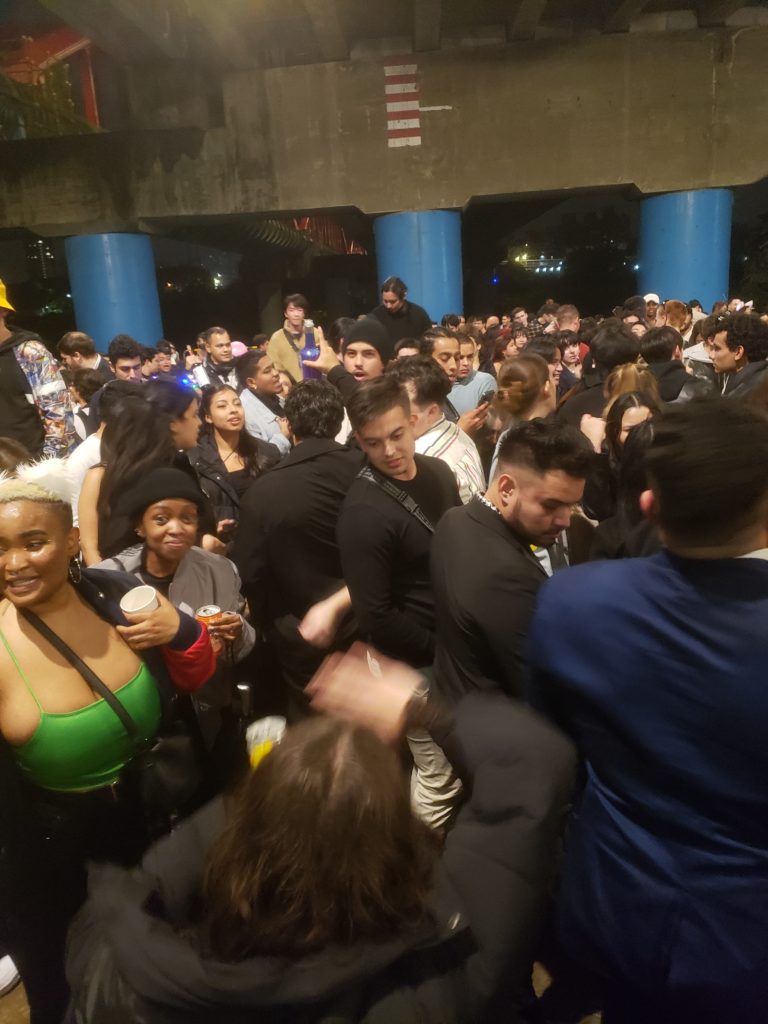
English speakers are of the same feather and they flock together
In my 30 days in Taiwan, I found myself falling into the trap of making too many English-speaking friends.
In retrospect, I believe the issue is the source of my friends. I found a lot of my friends through Facebook groups, which primarily operated in English.
I met a Polish girl and we hung out. We would speak English primarily.
I wanted to go disc golfing so I posted on Facebook asking if there were any disc golf courses in Taipei. No problem with that – except I posted it in English.
Hence, my disc golfing group consisted of a bunch of Americans. I do really enjoy hanging out with them because it’s really easy to chat with them and one of the dudes is unbelievably hilarious because anything goes with him. If he invented Instagram, there’ll be no filter function.
I do wonder if I’d be hanging out with a bunch of Taiwanese instead if I had posted in Chinese. Oh well, maybe I’ll do that when I find a unicycling group.
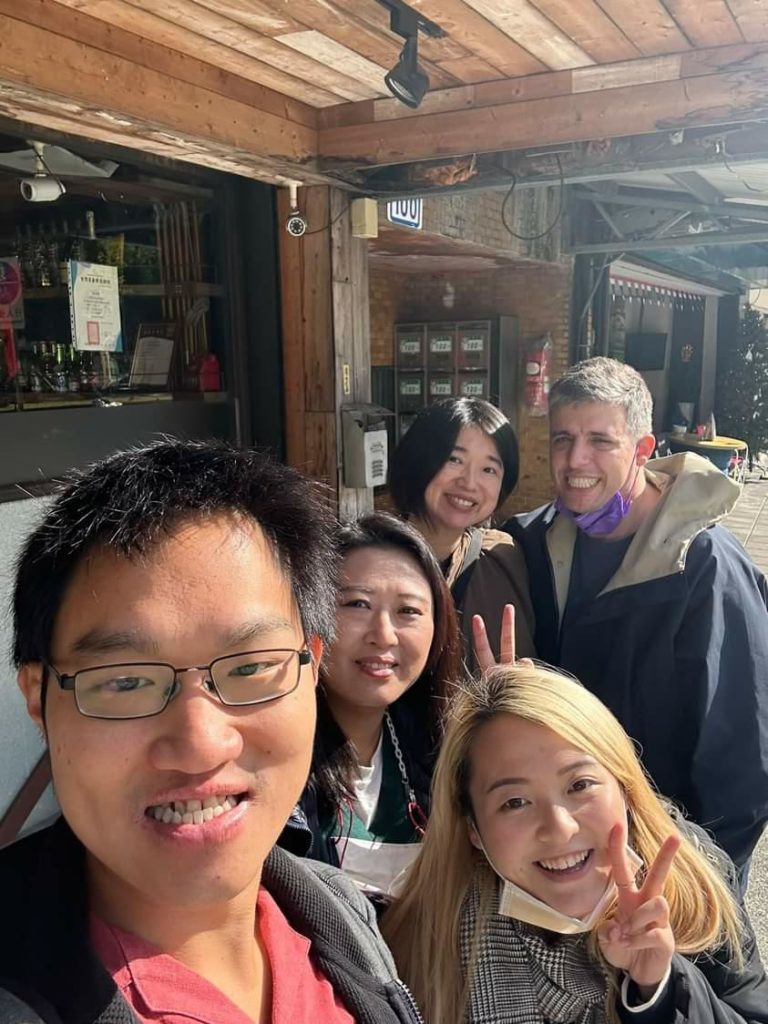
With 30 days, how does one improve their Chinese?
My Chinese definitely did improve over 30 days but not to a great extent. It’s not night and day, it’s just different shades of twilight.
I did make some effort to learn Chinese using the resources that I had.
For one, the AirBnB that I was in had cable TV. It was great because I would watch Taiwanese TV when I was bored. I found listening to the news and watching shows about health to be rather useful because of the great number of terminology and jargon one has to learn – which means I’d have my phone’s dictionary at hand.
At the same time, going to Eslite (诚品) bookstores to browse or buy books to be very useful. I bought a bunch of books that I would read. Again, dictionary at the ready.
As you might have read above, half the time, people know I’m not from Taiwan. People are generally curious about what I’m doing in Taiwan, so we can sometimes strike a conversation.
While these conversations might only scratch the surface and be repetitive (where are you from/ what are you doing here/ how long have you been here/ etc.), I found myself going to the same bubble tea place multiple times a week and getting into deeper conversation with them.
In fact, we got to know each other well enough that they were willing to rent their newly-built apartment to me on a short-term basis for a surcharge. Otherwise, they would only rent to people who would sign three-year leases.
Making an effort to talk to random people seems to be a decent method to practise Chinese in a Chinese-speaking environment.
Taking time off to learn Chinese full-time is risky, onerous and expensive. Why bother?
I think going to Europe has made me feel a bit more Chinese.
I recognized the utlility of the Chinese language and its central importance of being part of being part of the Chinese community..
Two events stick out.
The first was during the Mooncake Festival period when I was in Leipzig, Germany. I went into a restaurant opened by people from Zhejiang. When I went in, I spoke Chinese.
East Germany was difficult. The English abilities of people challenged me. Unlike in West Germany, people 40 and over generally didn’t learn much English when they were growing up, owing to historical reasons.
When I went into that restaurant, I felt an immediate relief. I could ask for directions, order food and do things with ease. After eating the fried rice, they gave me a complimentary mooncake.
In East Germany, where a large majority of Asian people were Vietnamese, the Chinese restaurant and the mooncake made me feel at home.
In the same vein, I was eating a donair in the Südvorstadt neighbourhood of Leipzig when I heard a woman speaking Chinese to her children. She was from Guangxi or Qinghai, unfortunately, I forgot.
I was able to strike a conversation with her because we both spoke Chinese. It was interesting to learn about the Chinese community in Leipzig.
In Spain, I felt even more Chinese than I did in Germany. If you’ve read my article about the power of “ni hao” in Spain, you’ll know that Chinese people are excited about meeting another Chinese person and are very happy to help.
It’s due to these reasons that I am embarking on a journey to learn Chinese. I see the utility and how it’s a key element to being part of the Chinese community.
I am writing this on a plane back to Singapore from Taipei. When I arrive in Singapore, I will be getting a student visa to return to Taiwan to study Chinese at the National Taiwan Normal University (师大).
I will keep you updated on how that goes and my thoughts on it.
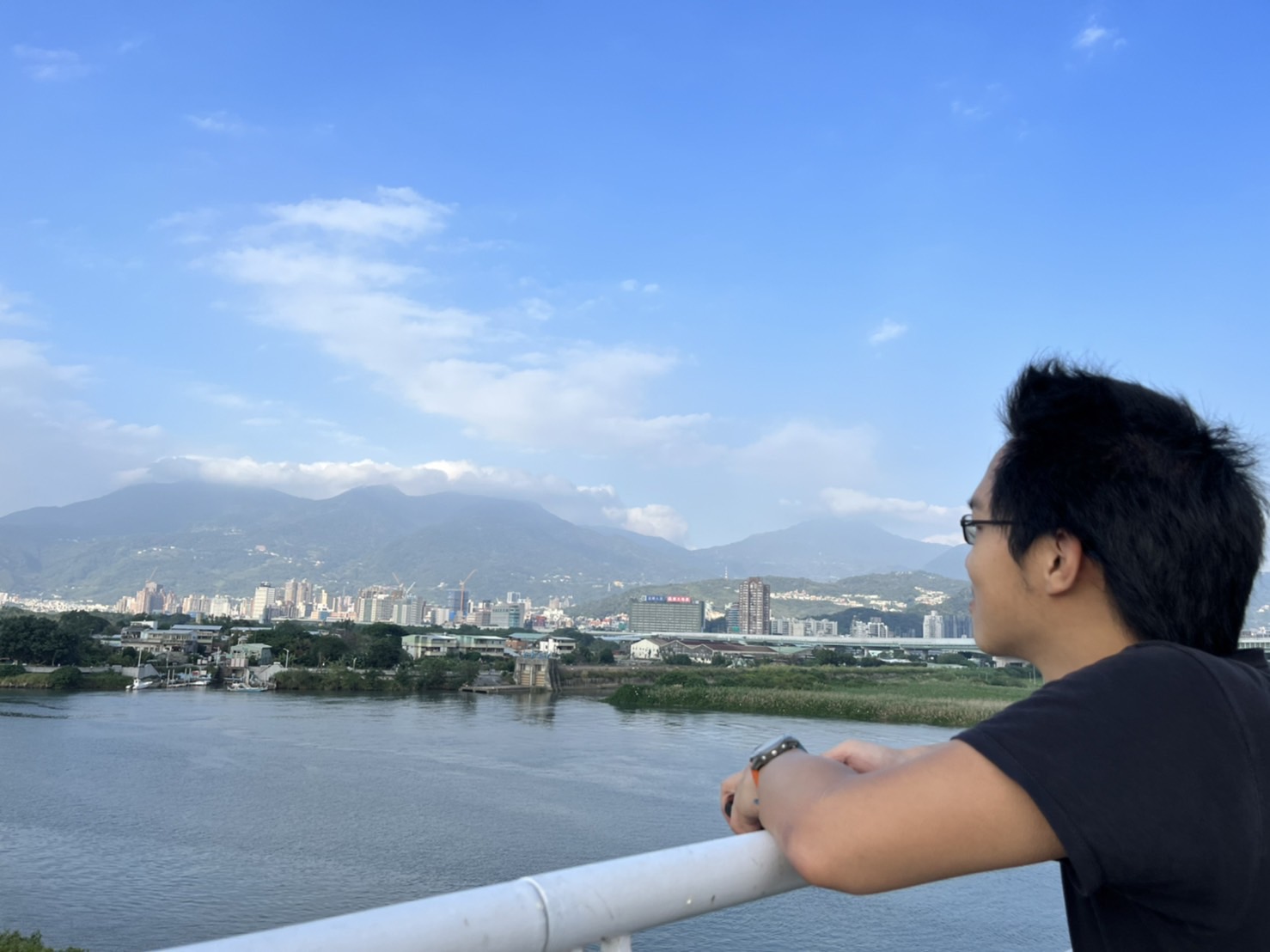
Leave a Reply